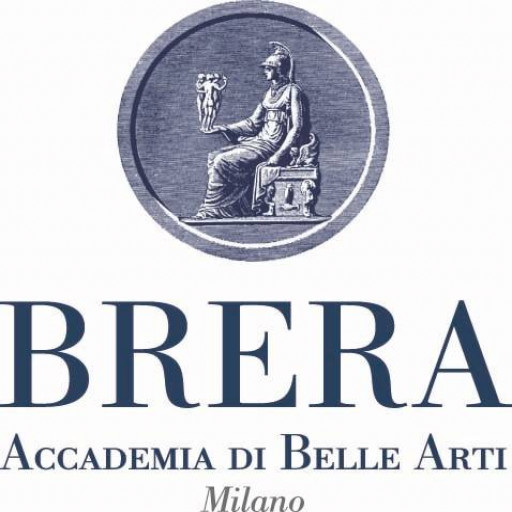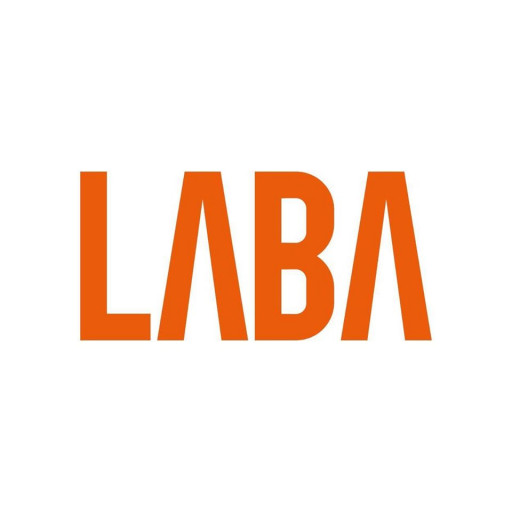Photos of university / #aaltouniversity
The Bachelor's Degree Programme in Cinematography at Aalto University offers students a comprehensive education in the art and science of visual storytelling. This innovative programme is designed to equip students with the technical skills, creative vision, and theoretical understanding necessary to excel in the dynamic field of cinematography and film production. Throughout the course, students explore a wide range of disciplines including film history, visual storytelling, camera operation, lighting, post-production, and digital technologies. The curriculum emphasizes practical knowledge alongside theoretical insights, allowing students to develop their own unique artistic voice while mastering industry-standard equipment and techniques. Collaboration is a core element of the programme, reflecting the real-world environment of film and media production, and students are encouraged to work on various projects, from short films to documentaries and experimental works. The programme also integrates the latest advancements in digital technology, ensuring graduates are well-prepared for the evolving landscape of visual media. Students have access to state-of-the-art facilities and are mentored by experienced professionals from the industry, fostering both creative and professional growth. The programme aims to cultivate innovative filmmakers who can tell compelling stories through the lens, contribute meaningfully to the film industry, and push the boundaries of visual expression. Graduates of this programme will possess a solid foundation for careers in cinematography, directing, editing, scriptwriting, production, and other related fields in film and media industries worldwide. Emphasizing international perspectives and interdisciplinary collaboration, the programme prepares students to work in diverse cultural contexts and adapt to changing technology. Upon completion, students will be equipped not only with technical expertise but also with the critical thinking skills necessary for ongoing development in their artistic and professional pursuits. The Bachelor's degree in Cinematography at Aalto University opens the door to a vibrant career in the creative industries, fostering a new generation of storytellers who can shape the future of visual media.
During the education, the student’s personal vision is strengthened with a focus on artistic-technical cinematography competence and cooperation skills.
The job description of a cinematographer is reinforced and deepened in extensive master’s study modules and workshop exercises, both in Finland and internationally and by means of courses on vocational technology and artistic expression. The education is mainly based on practical learning by doing, work in small groups, personal guidance and dialogue-based interaction. During the studies, the student is introduced to all phases of preliminary planning in cinematography and artistic and production cooperation in film and television productions.
Studies in the master's programme include departments joint courses (30 ECTS) which are obligatory. These courses deal with entrepreneurial and working life skills, analytical skills, and provide research skills.
Students are encouraged to complete part of their studies in international exchange programmes or internships. International visiting teachers and students enrich the teaching and help students network.
Students’ internationalisation and networking are supported by participation in domestic and international festivals, where students gain a deeper understanding of and learn more about the profession of cinematographer. The major in Cinematography also focuses on cooperation between different film schools and student exchange at the workshop, course and student meeting level.
Applicants for the Master’s Programme in Film and Television; Cinematography apply in the master’s level admissions in the field of Art and Design. Key admission criteria when selecting students for the major in Cinematography are originality, storytelling ability, initiative, patience, communication and social skills, group work skills, stress tolerance, the ability to accept feedback, readiness for analytical thinking and openness to learning, spatial, temporal and conceptual perception ability, visualisation skills in design, mastery of the technical realisation process, general film and art history, a knowledge of the traditions and modern trends in the field, and the ability to think in a critical and analytical manner.
Portfolio
Electronic portfolio that includes three (3) work samples accessible online via hyperlinks and both a written and visual portfolio to present the work.
The applicant uploads the electronic portfolio to the application system as one PDF file before sending the application. The portfolio should contain work related to your artistic expression, and showcase your prior scientific, professional and/or artistic activity on a broad scale. The list of works must include at least the name and/or theme, method of production, format, size, purpose and year of production, while also specifying where and when the works have been exhibited performed or published.
CV (curriculum vitae)
Applications must include the applicant’s CV indicating personal data, educational background, work experience, exhibitions, publications and articles, awards and grants, study trips and positions of trust.
Motivation letter
The motivation letter should explain your reasons for applying for this major and your particular interest(s) including possible research questions of interest in the field in question. In addition, the plan must specify your goals and expectations for the studies to be completed at the School of Arts, Design and Architecture. Describe your strengths and interests, artistic vision, aspects related to the work and creative goals.
The maximum length of the study plan is 4000 characters. The study plan is part of the online application form.
Prospective students subject to tuition fees are eligible to apply for Aalto University Scholarship. Certain international joint degree programmes have their own tuition fees and scholarship schemes. Aalto University reserves all rights to make changes to the scholarship programme.
Aalto University Scholarship
Aalto University Scholarship programme seeks to recognise talented non-EU/EEA students. Aalto University scholarships are merit-based and are granted on a competitive basis. The number of scholarships per degree programme is limited and depends on the overall number of selected non-EU/EEA students per degree programme.
Scholarships are allocated during the academic evaluation stage as part of the admissions process of a specific study option. The best applicants of a specific study option liable to tuition fees may be awarded a scholarship. For academic evaluation criteria of the study option, please see the study option website.
Aalto University scholarships cover either 50 % (Category B) or 100 % (Category A) of the tuition fee. Aalto University scholarships are awarded as tuition fee waivers.
At the moment, Aalto University does not offer any university-wide scholarships to cover living costs in Finland. Students are expected to cover all living expenses (app. 800 EUR per month) and other study related costs from their own financial resources.
A cinematographer with an MA is able to work as the person with artistic responsibility in demanding drama, documentary and advertising films. A graduate of the major in Cinematography is able to work as a cinematographer in a feature-length drama film, documentary film, television or advertising film. Cinematographers also work as instructors in the field at universities of applied science and media institutions.
Although the goal of education is to primarily produce professionals with strong personalities for the film industry, it also encourages students to apply for further studies and lifelong learning.
Cinematographers are mainly employed as freelancers in film, television and audiovisual productions. Cinematographers are also suited to work in various phases of digital post-production and effects work and in designing and realising virtual scenography.
Recommended minor subjects for students of cinematography include directing, film editing, graphic design, digital and virtual scenography and digital modelling.









